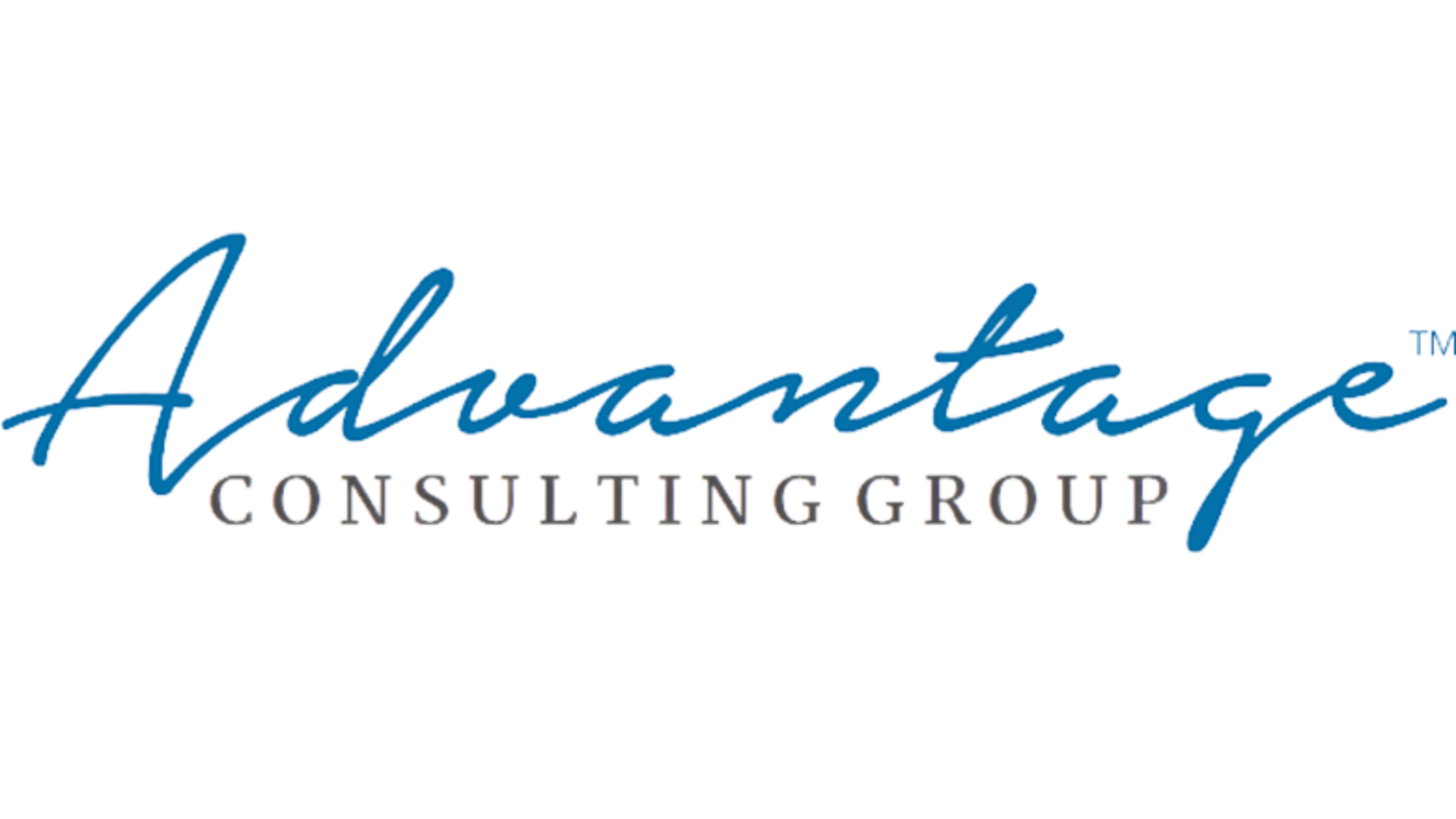The landscape of Human Resources (HR) is in a state of flux. As a job seeker, understanding the key trends shaping this industry can give you a competitive edge.
Technology is Changing the HR Game
The realm of Human Resources (HR) is not untouched by the technological revolution. As we look towards the future, technology's influence on HR is becoming increasingly prominent, fundamentally changing the way HR professionals work and the skills they need to succeed.
Automation and AI
Automation and artificial intelligence (AI) are transforming many areas of HR. Routine tasks such as payroll processing, benefits administration, and even initial stages of the recruitment process can now be automated, freeing up HR professionals to focus on more strategic aspects of their roles.
AI is further enhancing the recruitment process through predictive analytics, which can help identify the best candidates based on defined parameters. AI-powered chatbots can also engage with candidates, answering basic queries and providing information, thus improving the candidate experience and efficiency.
Data-Driven Decision Making
The rise of HR analytics has ushered in a new era of data-driven decision making. HR professionals can now leverage data to understand employee engagement levels, predict turnover, identify training needs, and much more. This reliance on data has necessitated a new skill set within HR, with professionals needing to understand and interpret data to drive decision-making.
Digital Employee Experience
Technology is also influencing the employee experience. Digital platforms are now used for everything from onboarding new hires to providing continuous learning opportunities and managing performance reviews. This has changed the way HR professionals engage with employees, with a need to create engaging, user-friendly digital experiences.
Cybersecurity and Data Privacy
With the increase in digital data, concerns around cybersecurity and data privacy have come to the forefront. HR professionals play a crucial role in safeguarding sensitive employee data and must be well-versed in the latest cybersecurity practices and data privacy regulations.
Embracing the Rise of Remote Work in the HR Landscape
The COVID-19 pandemic has accelerated a shift that was already in motion – the rise of remote work. HR departments worldwide are grappling with the challenges and opportunities this trend presents, fundamentally altering traditional HR practices. In this post, we explore how the rise of remote work is influencing the HR landscape and what it means for HR professionals.
Managing a Distributed Workforce
One of the most immediate impacts of the rise of remote work is the need for HR departments to manage a distributed workforce. This requires a shift in many HR functions, from how they recruit and onboard employees to how they manage performance and engagement. HR professionals must now be adept at using digital tools to manage these tasks and ensure that remote employees feel as much a part of the team as those in the office.
Ensuring Effective Communication
Communication is key in a remote work environment. HR departments are tasked with ensuring that communication channels are effective and that all employees are kept in the loop. This may involve leveraging technology to facilitate virtual meetings, creating communication guidelines for remote work, and ensuring managers are equipped to communicate effectively with their remote teams.
Adapting HR Policies
The rise of remote work has necessitated a reevaluation and adaptation of HR policies. This can include establishing guidelines for remote work, adapting benefits to suit the needs of remote workers (such as home office allowances), and revising performance evaluation criteria to fit the remote work context.
A Greater Emphasis on Diversity and Inclusion
Diversity and inclusion are becoming ever more important within the HR field. Companies are seeking to build more diverse teams and create inclusive work environments that reflect the wide range of backgrounds and experiences of their employees. This is not only the right thing to do, but it also enhances creativity, innovation, and business performance.
The growing emphasis on diversity and inclusion in the HR landscape reflects the increasing recognition of their importance in the workplace. As an HR professional or job seeker, understanding and championing these principles is key to succeeding in the evolving world of HR.
Diversity and inclusion foster innovation, improve decision-making, and align companies with their increasingly diverse customer base. It's also a critical aspect of corporate social responsibility.
The future of HR is undeniably exciting, marked by the rise of technology, remote work, and an increasing focus on diversity and inclusion. As these trends continue to evolve, they will reshape the way HR departments operate and the role they play in organizations. HR professionals must stay abreast of these changes to continue to attract, retain, and engage top talent in an increasingly competitive global market.
Whether you're looking to re-enter the workforce or leave your current position, the excitement of a new career is often put aside by the daunting task of job searching.
FAQs
How is automation influencing HR?
Automation is streamlining routine tasks, freeing up HR professionals to focus on more strategic aspects of their roles. It's also improving efficiency and accuracy in areas like recruitment and payroll processing.
How is remote work impacting HR functions?
Remote work is changing many HR functions, including recruitment, onboarding, performance management, and employee engagement. HR departments must leverage digital tools and revise their practices to manage these functions effectively for a remote workforce.
Why is diversity and inclusion important in the HR landscape?
Diversity and inclusion (D&I) is more than policies, programs, or headcounts. Equitable employers outpace their competitors by respecting the unique needs, perspectives and potential of all their team members. As a result, diverse and inclusive workplaces earn deeper trust and more commitment from their employees.

